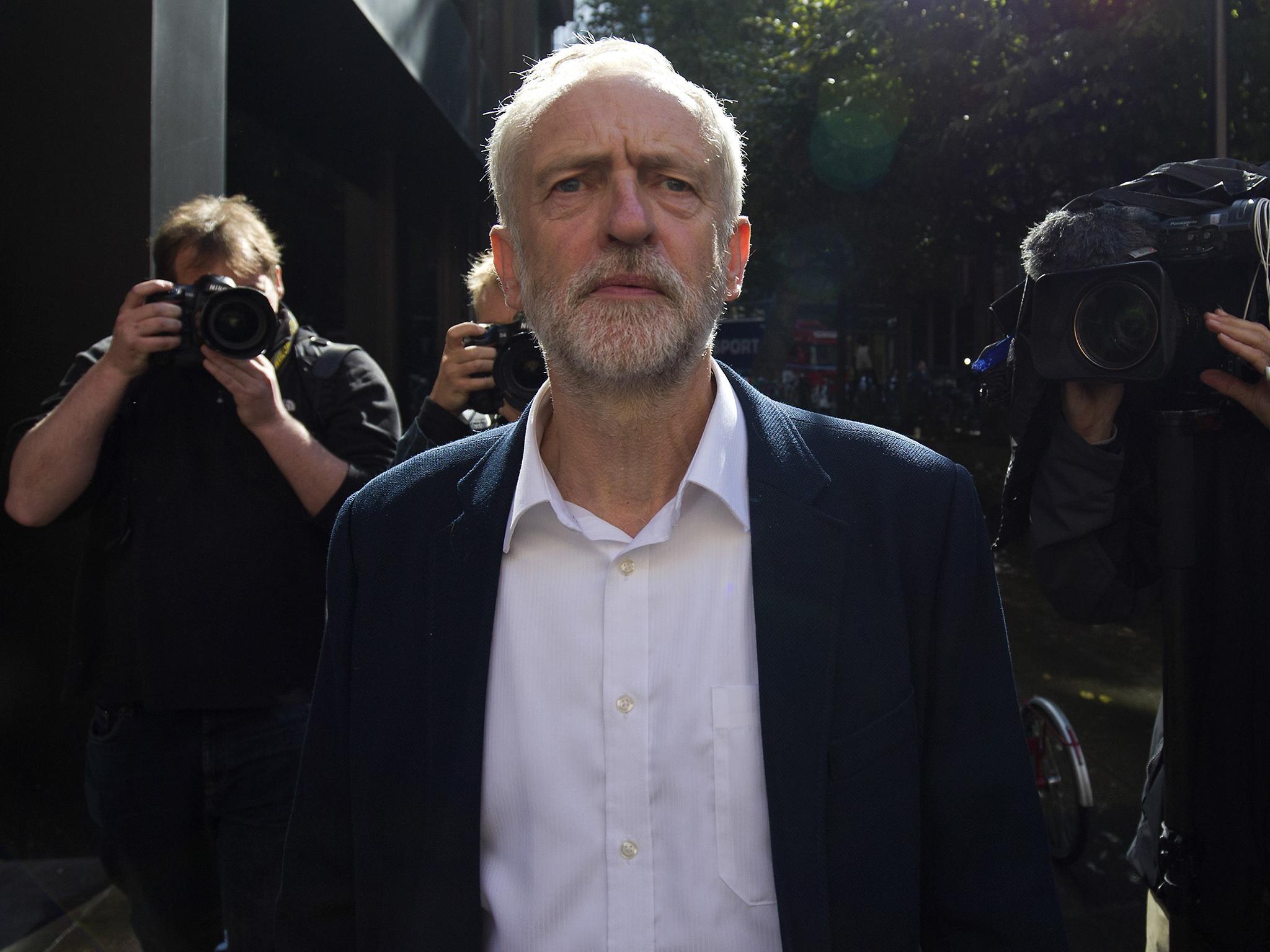Labour's Game of Thrones: Jeremy Corbyn's leadership in crisis as Brexit shadow cabinet revolt gathers speed
A mass resignation from was always a powerful weapon in the locker of Corbyn’s critics
Jeremy Corbyn now faces the fight of his life to hold to his job as Labour leader, only nine months after winning an overwhelming mandate from party members with almost 60 per cent of the vote.
Fewer than 20 of Labour’s 230 MPs backed him, and so it was only a matter of time before the Parliamentary Labour Party (PLP) tried to remove him. His critics were split between those, like Hilary Benn and Heidi Alexander, who agreed to serve in the Shadow Cabinet and other “refuseniks” like the defeated leadership candidate Yvette Cooper, who went to the backbenches.

Follow the latest live updates
A mass resignation from the Shadow Cabinet was always a powerful weapon in the locker of Corbyn’s critics. They almost deployed it during last autumn’s debate over whether to extend air strikes against Isis to Syria, but Corbyn headed off a walkout by conceding a free vote.
Benn and Alexander, who impressed as shadow Health Secretary, have quit amid the turmoil engulfing both main parties following last week’s EU referendum. Other resignations from Corbyn’s top team will follow soon.
Sacking Benn for allegedly plotting against him will have been a painful moment for Corbyn. Tony Benn, Hilary’s late father, was Corbyn’s mentor and hero and he still thinks about him all the time. Hilary was always a “Benn, not a Bennite” but he and Corbyn have a shared history going back a long way to political discussions in the Benn family home in London.
For months, the anti-Corbyn forces have agonised over when to mount their inevitable coup. The May local elections came and went. Although Labour secured only mixed results, the losses were not as bad as experts had predicted and so Corbyn survived.

The EU referendum was immediately erected as his next hurdle. Two factors tipped the balance in favour of the attempt to remove Corbyn going ahead now. Firstly, his half-hearted campaign for a Remain vote during the referendum, is being widely blamed for the result because many working class natural Labour supporters voted to Leave. Some In campaigners are convinced that Corbyn, a long-standing opponent of EU membership until recently, secretly wanted a Leave vote – a charge his aides emphatically deny.
Secondly, David Cameron’s resignation means that the new Tory leader to be installed by October is likely to call an early general election to secure his or her own mandate. If Corbyn were still Labour leader, the temptation for the Tories to call a snap poll would be even greater, as they regard him as weak and very beatable.
So Corbyn’s Labour enemies are gambling that the party members who overwhelmingly backed Corbyn last year will take fright at the prospect of a general election and turn against him. His critics argue that his performance in the referendum campaign was poor and he was unable to get over a strong message to Labour voters. They claim he would be even worse at a general election, when Labour would have to reach out beyond its core vote to gain seats held by the Conservatives.
There is no guarantee that the coup will succeed. Opinion polls taken just before the referendum showed that Corbyn is still just as popular among Labour members.
In effect, his critics are trying to kill him with a thousand blows. The Shadow Cabinet resignations and the motion of no confidence in Corbyn tabled for tomorrow’s meeting of the PLP, are designed to put so much pressure on Corbyn that he decides to fall on his own sword. Critic claim he does not really want to be prime minister and so he could stand down. But there is no sign of that happening.
The plotters have another big problem: they do not have an alternative leadership candidate – yet. Potential runners include Chuka Umunna, the former shadow Business Secretary; Dan Jarvis, a former soldier; Tom Watson, the deputy leader; Angela Eagle, the current shadow Business Secretary and Cooper. The coup would have a much better chance of success if the rebels rallied behind a single candidate.
They could then trigger a formal leadership contest, which under Labour’s rules requires the backing of only 51 of the party’s MPs and MEPs. But there would still be no guarantee of removing Corbyn because the party’s members have the final say.
There is another scenario: despite Corbyn’s defiant stance, he decides that he is not the right man to lead the party into the now imminent election. But that, too, would not necessarily mean victory for the anti-Corbyn forces. They might persuade enough members to defect to a soft left candidate like Eagle, if they decided that avoiding a general election defeat was more important than ideological purity.
But equally, Labour members might well decide to replace Corbyn with another left-winger. John McDonnell, the shadow Chancellor and Corbyn’s closest ally, is waiting in the wings. So the plotters would be back to square one.
Join our commenting forum
Join thought-provoking conversations, follow other Independent readers and see their replies
Comments
Bookmark popover
Removed from bookmarks